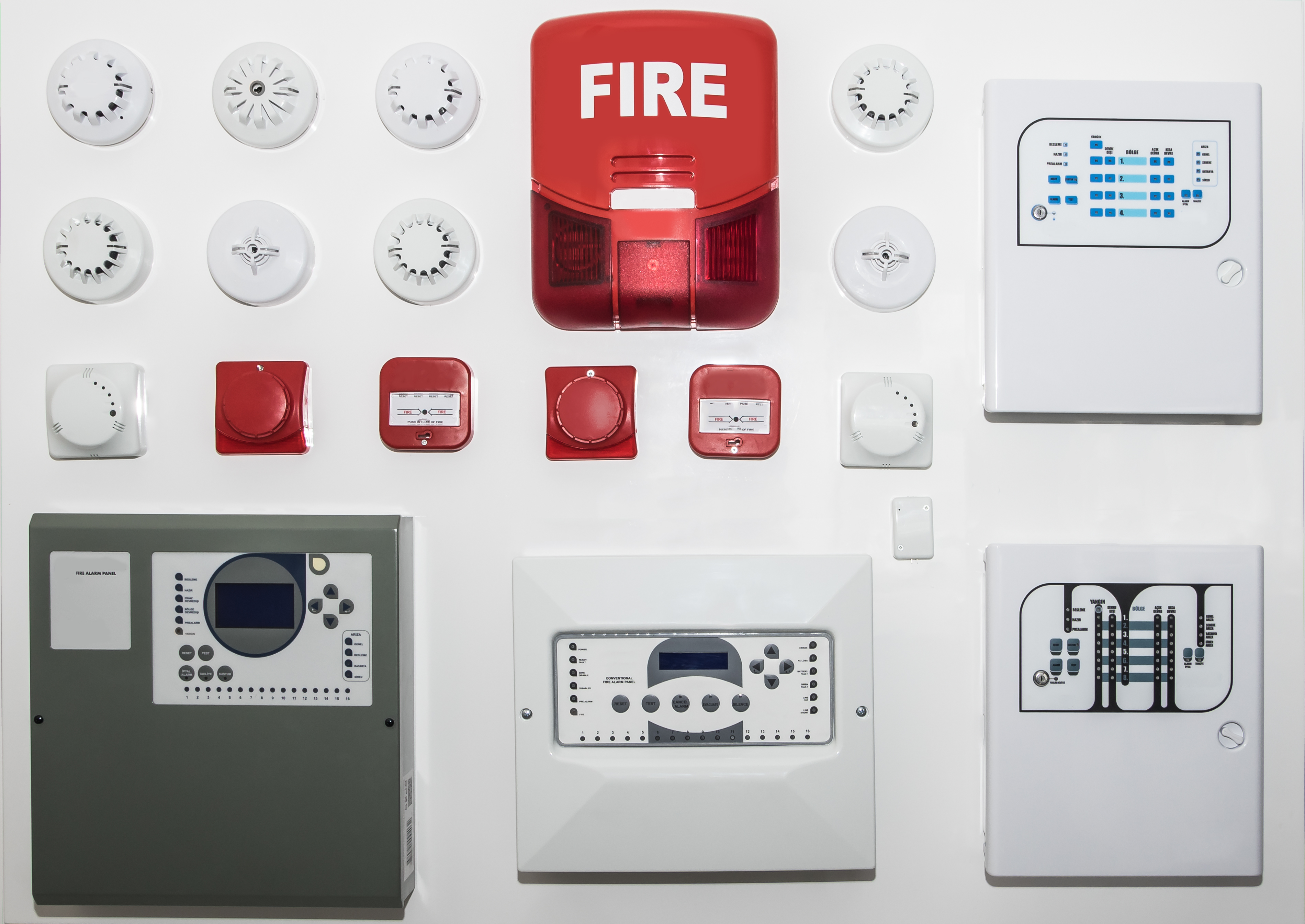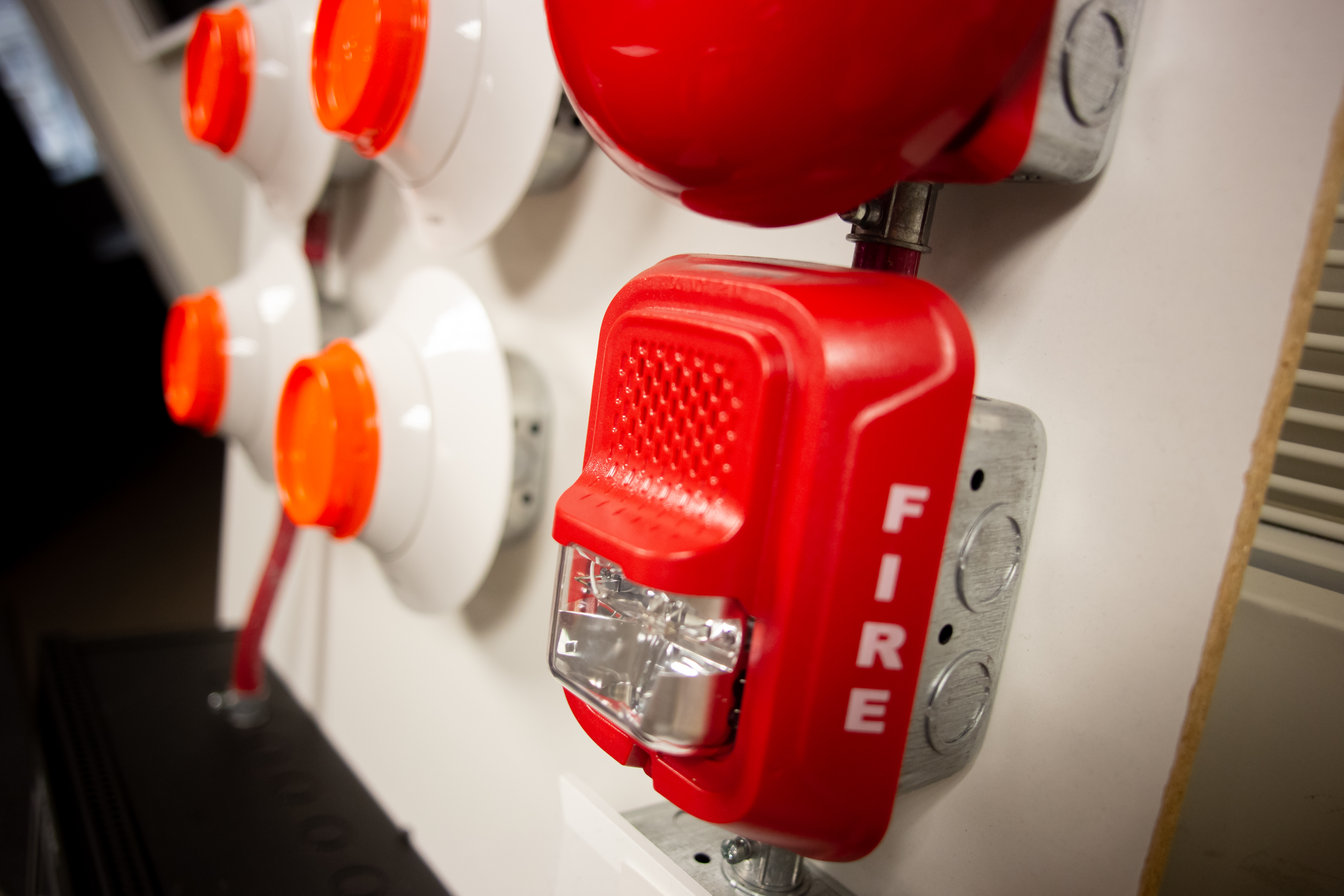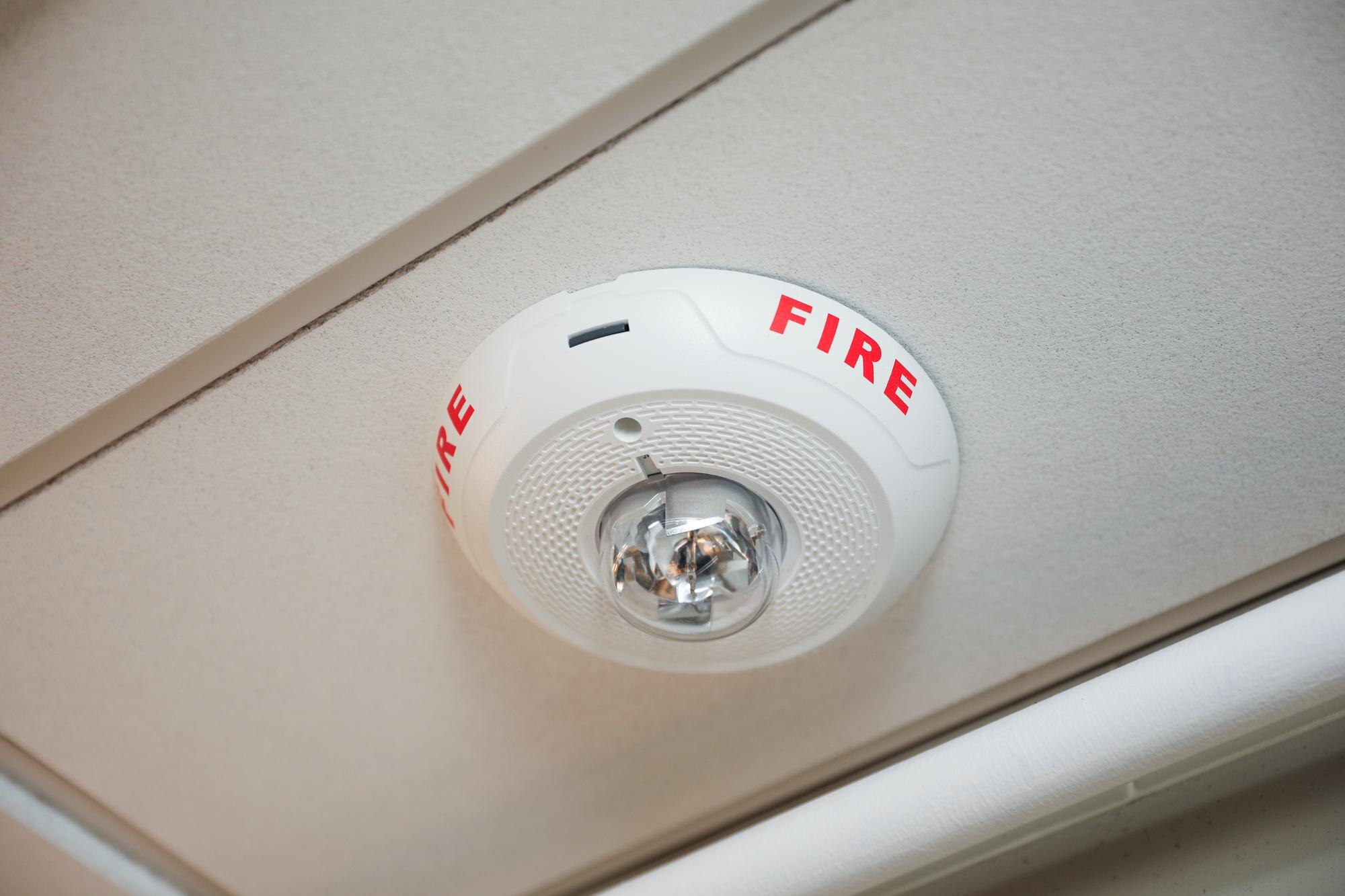Wired vs Wireless Fire Alarm Systems: Making the Right Choice for Your Security Needs
Choosing the right fire alarm system can mean the difference between quick response and costly damage. Whether you’re considering wired fire alarm systems or wireless fire alarm systems, each option brings distinct advantages and challenges. Understanding these will help you select the most reliable fire safety solutions tailored to your home or business. Read on to get clear, expert advice on what suits your property best and how professional fire alarm installation ensures lasting protection. For more detailed insights, you can explore this resource.
Understanding Fire Alarm Systems

Fire alarm systems are essential for safeguarding your property. Let’s explore the two main types: wired and wireless systems, each with unique features.
Wired Fire Alarm Systems
Wired systems are known for their stability and reliability. Once installed, these systems integrate seamlessly into your building’s infrastructure.
Consistency: Wired systems maintain a constant connection, ensuring reliable alerts. This means fewer false alarms and consistent monitoring.
Power Supply: They typically draw power from the building, reducing the need for frequent battery changes. This is ideal for those who prefer low-maintenance options.
Durability: With physical connections, these systems aren’t prone to interference. This makes them suitable for larger buildings and commercial settings.
However, the installation can be more complex and often requires professional help. You can explore more about wired systems here.
Wireless Fire Alarm Systems
Wireless systems offer flexibility and quicker installation compared to their wired counterparts.
Easy Setup: These systems can be installed without the need for extensive wiring, making them ideal for existing buildings where running wires is challenging.
Portability: If you move, it’s easier to take the system with you. This is perfect for tenants and those who frequently change locations.
Scalability: Adding extra detectors is a breeze. You can expand your coverage as needed without significant modifications.
Despite these advantages, they may require regular battery checks and can be susceptible to interference. For more details, check this article.
Key Considerations

Choosing between wired and wireless involves assessing installation and maintenance needs. Let’s dive into these critical factors.
Installation Process
Installing a fire alarm system involves careful planning and execution to ensure optimal performance.
Wired Systems: Installation is intricate and may involve opening walls to run cables. Professional installation is often recommended to ensure compliance with safety standards.
Wireless Systems: These are installed with minimal disruption. Devices can be mounted on walls or ceilings without drilling through walls.
Each system has its own set of requirements, and choosing the right one depends on your building’s structure and future plans.
Maintenance Requirements
Maintenance is crucial for keeping your fire alarm system functioning efficiently.
Wired Systems: Require periodic checks to ensure all connections are intact. This can be less frequent due to their stable power source.
Wireless Systems: Need regular battery replacements and checks for signal interference. This ensures they remain responsive in emergencies.
Understanding these requirements helps in planning ongoing care and ensuring longevity.
Making the Right Choice

Selecting the right system involves considering your environment and the benefits of professional installation.
Tailoring to Your Environment
Your building’s unique features will influence the type of system best suited for your needs.
Residential Properties: Wireless systems offer ease of use and installation without altering the structure.
Commercial Buildings: Wired systems provide robust coverage and reliability, making them ideal for larger spaces.
Choosing the right system ensures effective fire detection tailored to your specific environment.
Professional Fire Alarm Installation
Professional installation guarantees that your system is set up correctly and complies with safety standards.
Expertise: Professionals ensure that every component is correctly installed and tested, providing peace of mind.
Compliance: A professionally installed system meets all legal requirements and standards, essential for commercial properties.
By opting for professional services, you ensure your fire alarm system is reliable and effective. Remember, the longer you wait to install a system, the greater the risk to your property and safety.

